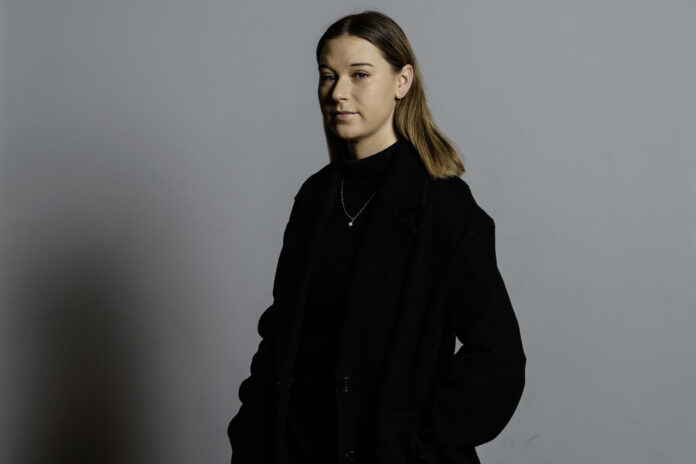As of 2020, more than 495 million people worldwide have ADHD. Due to better diagnosing, and partly due to the distracting nature of our lives, these numbers keep rising. We hear it all the time, our attention spans are no better than that of a goldfish. We are slaves to instant gratification. But how do we reclaim our focus?
A little over a year ago, I was diagnosed with ADHD myself. It felt like someone handed me a map to a place I’d already been wandering my whole life – finally, everything made sense. But as I traced the lines of this map, the thrill turned into dismay. Those quirky detours and strange landmarks I thought were mine alone? They were all charted out in someone else’s guidebook. I wasn’t a trailblazer; I was a textbook. What I believed were fun personality traits were mere symptoms.
We think we’re all unique little snowflakes, but it’s humbling to realize we’re all much more alike. So much of what we are and do can be boiled down to fundamental psychology. If we’re so predictable, why not take advantage?
Have you ever lost yourself so deeply in an activity that hours passed like minutes? Athletes call it being ‘in the zone’. Psychologists call it a flow state, a state of optimal performance and engagement. Your mind and body synchronize, and distractions fade into the background. Time bends. Mihaly Csikszentmihalyi, the psychologist who coined the term, argued that flow isn’t just about productivity; it’s about fulfilment.
Ever found yourself spending way too long on one part of an assignment while the rest of your work suffers?
As students we ‘lock-in’ – sometimes the essay pours out effortlessly or we cram eight weeks into one night. And it feels magical. Neurologically, flow is a cocktail of chemicals: dopamine fuels reward, norepinephrine sharpens focus, and endorphins create a sense of euphoria.
Anyone can enter a flow state, but it’s not always easy to achieve. Csikszentmihalyi’s research suggests that flow arises when the challenge of a task perfectly matches your skill level. Too easy, and you’ll feel bored. Too hard, and you’ll feel anxious. We need to find that sweet spot.
But here’s the catch: flow can morph into hyperfocus. Ever found yourself spending way too long on one part of an assignment while the rest of your work suffers? That’s hyperfocus playing peekaboo. Hyperfocus is associated with ADHD, but we’ve all been there.
If we manage to side-step hyperfocus, we can two-step with flow. In a world where our attention is under siege, being present is rare. Most of us chose our degrees because we had at least some interest in it. So, take your thesis for a tango or the cha-cha, because it’s not just about getting things done; it’s about finding joy in the act of doing.
CARLA ERASMUS



